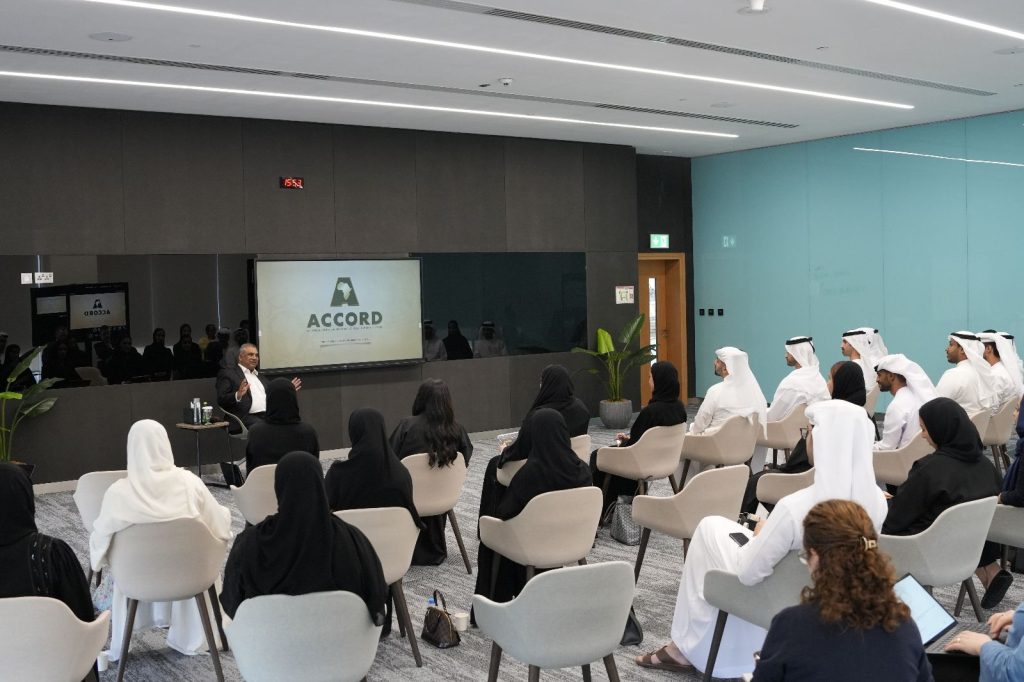ACCORD Senior Trainer Pascal da Rocha has run an experiential and interactive training on methods and tools of conflict resolution for tackling environmental issues of climate change, and river basin management in particular. Based on ACCORD’s work on climate change, this training cements ACCORD’s expertise in providing tailored and customised training solutions, but also furthens ACCORD impact as a center of excellence in the critical areas of climate change and security.
Held in Pretoria on April 25th and 26th , 2012, the workshop was organised and funded by Global Crisis Solutions (GCS) and the Swedish Defence Research Agency (FOI), and brought together 15 participants from a range of organisations, including the Institute for Strategic Studies (ISS), UN OCHA, OXFAM, the Swedish Defence Research Agency (FOI), Uppsala University, the Swedish International Development Agency and the Swedish Embassy in Pretoria.
Participants to the training course shared their insights and expertise through an issue mapping and actor mapping exercise. Reflecting on these experiences, the course explored and investigated a range of models and concepts on conflict management before tackling the challenges of water-based conflict management. Looking at a range of cases from the Zambesi River, the Nile River Basin management project, lessons learned from the Indus River, and the Rhine River management system in Europe, participants carved out the important components for effective conflict management system, such as the dimension of vulnerability, the climate variability in Southern Africa, contextualised conflict analysis, the resilience of systems, resource governance. Based on the explored dimensions, participants subsequently discussed the use, function and technicalities of Early Warning Systems in order to tackle some of the identified issues. Together with ACCORD publication on the subject matter, mapping exercises, and case studies, participants were able to enrich their understanding of available resources to tackle the issue of water-related conflicts and this, in return, enhances their understanding of policy frameworks, working towards the resolution of environmentally based conflicts.
Strengthening the response mechanisms to the articulated challenges of climate change, environmental issues, and human security is part of ACCORD’s mission to respond to current issues affecting Africa.






